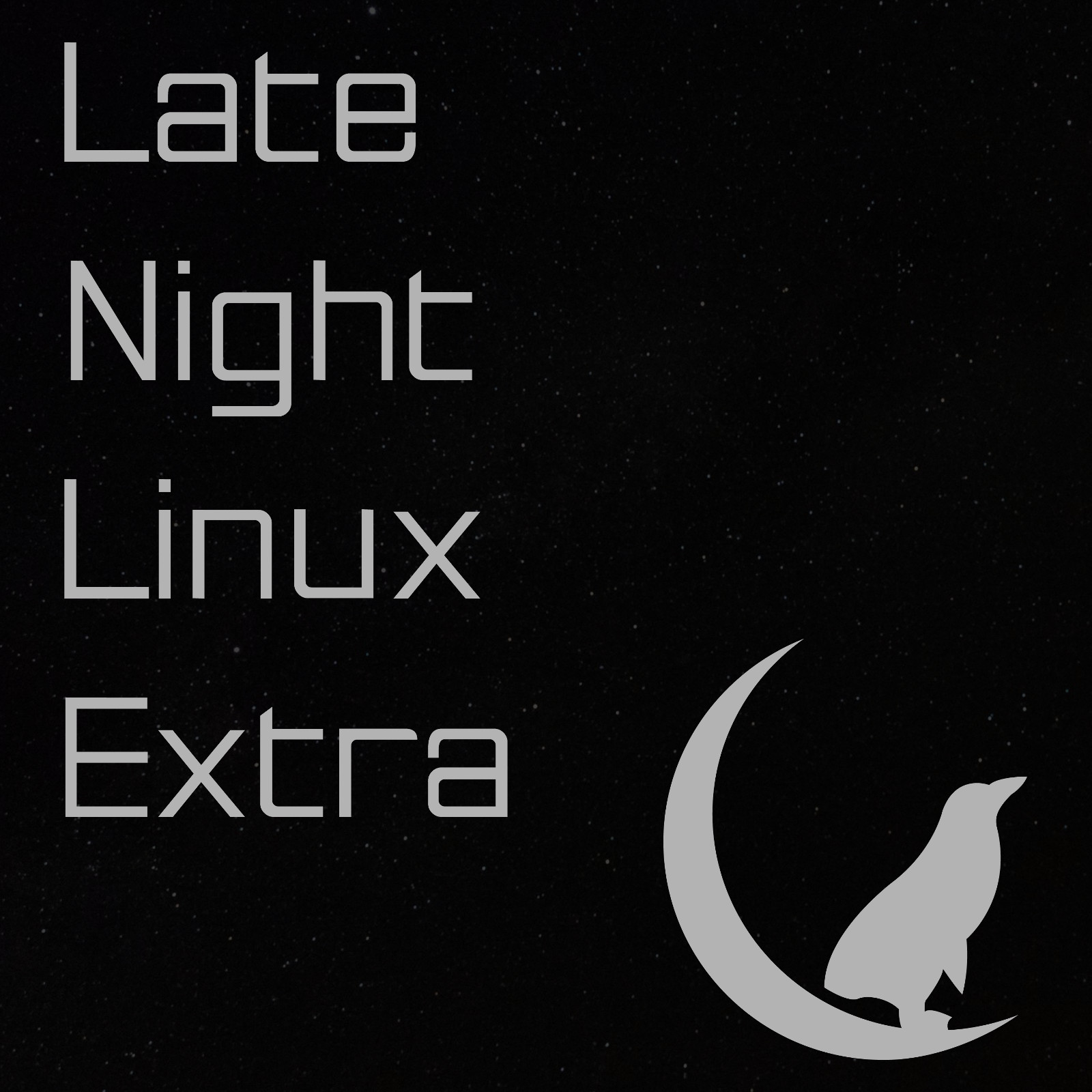Podcast (all): Download (Duration: 54:54 — 37.8MB)
It’s the OggCamp 2018 live show!
Joe is joined by Jon Spriggs, Martin Wimpress, Dan Lynch, and Dave Lee at OggCamp.
We spoke about spreading the word about collaboration culture, and how we rationalise using proprietary solutions over open ones.
See our contact page for ways to get in touch.


See the RSS Feeds page for ways to subscribe to the show.


At the end of this show, I meant to refer to this quote, but instead messed it up entirely. So here’s what I wanted to say: “Be who you needed when you were younger” (https://twitter.com/rwaggonerjr/status/843158004438450176)
I thought this was a great discussion and I learned about some new things like the Admin Admin podcast which I somehow hadn’t picked up on (even though I had heard Jon on the Ubuntu Podcast before and I assume he mentioned it there).
I appreciate Wimpy’s choice of topic about when it is okay to use proprietary software. I find it difficult topic to wrestle with because my ideal would be to run completely open source but that ideal has to run into reality and find compromises. It can be a slippery slope. If you take a completely pragmatic approach, you have to be open to software providers like Microsoft or Apple making a some improvements and then you not being able to justify using Linux any more. Personally I consider having open source code to be a feature when comparing options, so any proprietary alternative starts out at a disadvantage, even if it is superior in some other ways.
It is a little disheartening to hear how readily someone like Wimpy uses proprietary software given that he is so devoted to promoting and contributing to open source — what hope is there for the rest of us to avoid it? However, without his pragmatism, wimpy likely wouldn’t be so prolific in his contributions to open source.
I wish it were feasible for open source projects to offer paid alternatives to popular proprietary projects. GitLab does that for GitHub, but other projects like NextCloud, LibreOffice online, webmail clients, etc. tend to leave the consumer implementations to third party providers. That is okay (though it is hard to evaluate the trustworthiness of the third party providers) but I’d rather feel like I was contributing directly to the project by paying for service from the same organization that is developing the software.